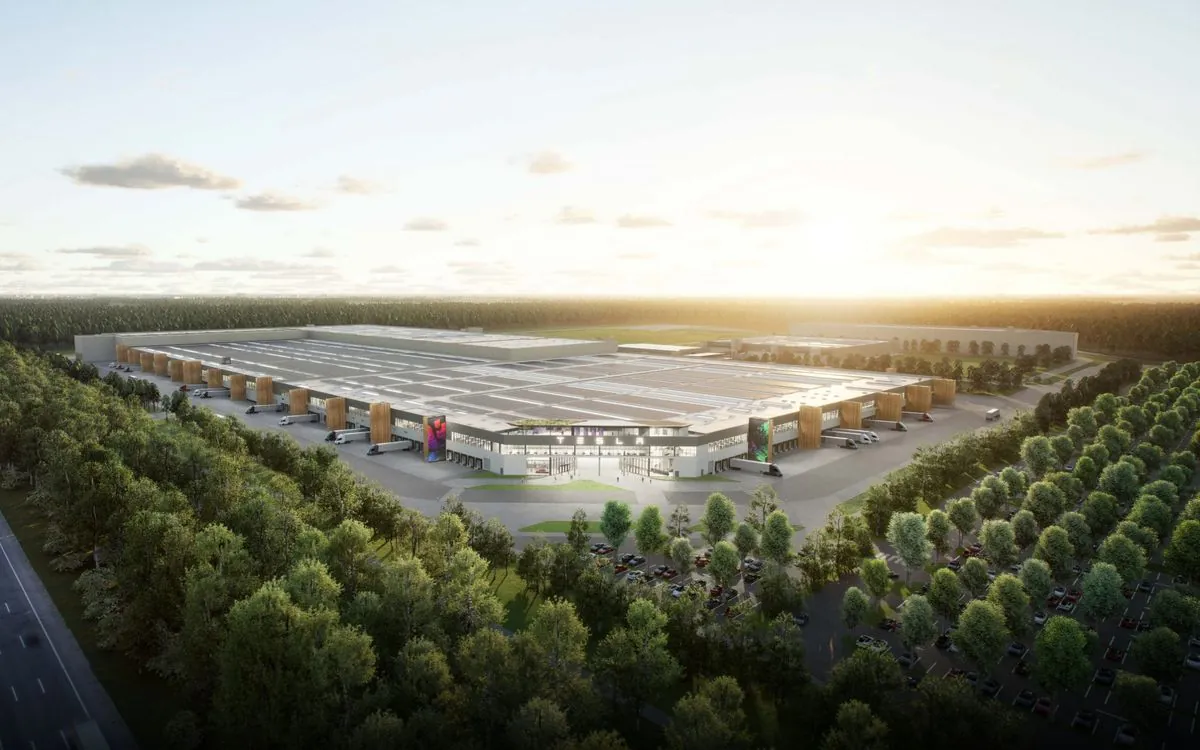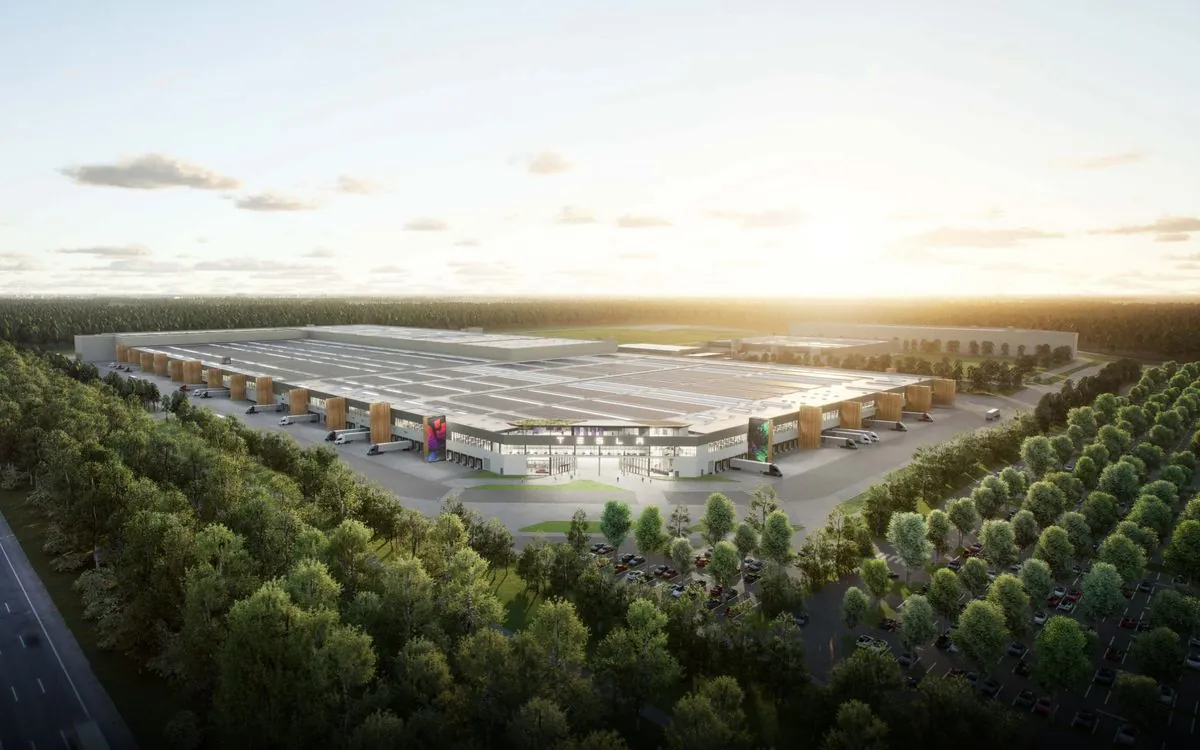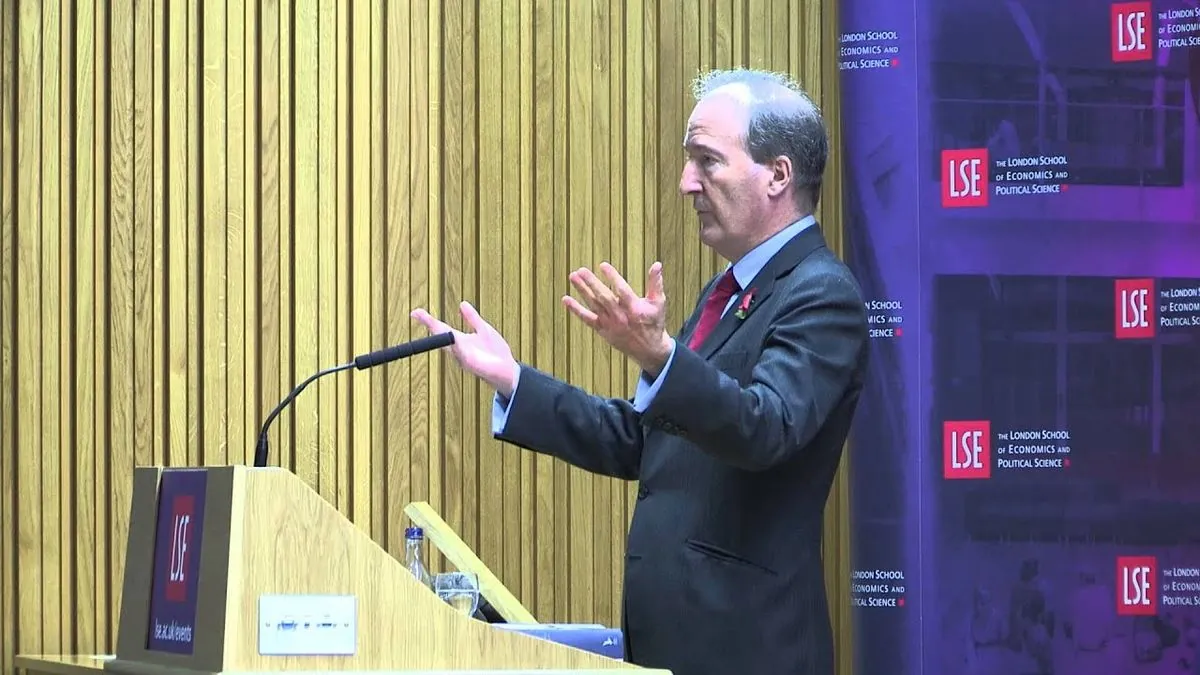Tesla Defends Home Visits to Sick Employees as Musk Probes High Absenteeism
Tesla's German factory faces scrutiny over high absenteeism rates, with executives defending home visits to sick employees. Elon Musk pledges to investigate the situation, which has sparked controversy.

Tesla's Gigafactory in Berlin-Brandenburg, Germany, is facing scrutiny over its approach to managing high absenteeism rates. The factory, which began production in March 2022, has become a focal point for discussions about employee attendance and workplace practices in the automotive industry.
André Thierig, the manager of Tesla's German Gigafactory, defended the company's practice of visiting the homes of employees who call in sick. He stated, "We wanted to appeal to the work ethic of the workforce," emphasizing that such visits are not unusual. This statement came in response to reports that Tesla executives had checked on 30 employees as part of efforts to address a surge in absences.
The absenteeism issue at the Berlin Gigafactory has reached concerning levels. In August 2024, the sick leave rate hit 17%, significantly higher than the average of just over 5% in Germany's automotive manufacturing sector. Tesla executives have noted that sick leave is particularly high on Fridays, raising suspicions about potential misuse of the system.
Elon Musk, Tesla's CEO, expressed his concern about the situation on social media, stating, "This sounds crazy. Looking into it." His response indicates that the issue has caught the attention of top management and may lead to further investigation and potential changes in company policies.

To combat high absenteeism, Tesla has implemented various measures. In July 2024, the company offered bonuses of €1,000 to employees who achieved "gold status" by maintaining an attendance rate above 95%. This incentive program aims to encourage regular attendance and boost productivity at the factory.
The Berlin Gigafactory, which covers approximately 300 hectares and has a planned production capacity of 500,000 vehicles annually, is a crucial part of Tesla's European strategy. As one of the largest industrial investments in eastern Germany's history, the factory employs around 12,000 staff and is expected to create up to 40,000 jobs when fully operational.
However, the high absenteeism rates have sparked controversy and raised questions about working conditions at the facility. IG Metall, the German carmaking union, has claimed that the elevated absence rates are due to staff being overworked and subjected to unsafe conditions. This perspective contrasts sharply with Tesla's stance on the issue.
The situation at the Berlin Gigafactory highlights the ongoing challenges faced by Tesla in adapting to local labor practices and regulations. The company has had a history of clashes with unions, including IG Metall in Germany. Earlier in 2024, most staff at the Berlin factory voted against appointing union representatives to the plant's works council, indicating a complex relationship between the workforce and organized labor.
As Tesla continues to expand its presence in the European market, the company will need to navigate these labor issues carefully. The Berlin Gigafactory, which includes advanced manufacturing techniques such as large-scale die casting and a battery cell production facility, represents a significant investment in Tesla's future. Balancing productivity goals with employee well-being and local labor norms will be crucial for the company's long-term success in the region.
"We will not tolerate some people bending their backs for others who just don't feel like coming to work. There is no room in his factory for people who don't get out of bed in the morning."
As the situation develops, all eyes will be on Tesla and Elon Musk to see how they address the absenteeism issue while maintaining their commitment to innovation and sustainability in the automotive industry.


































